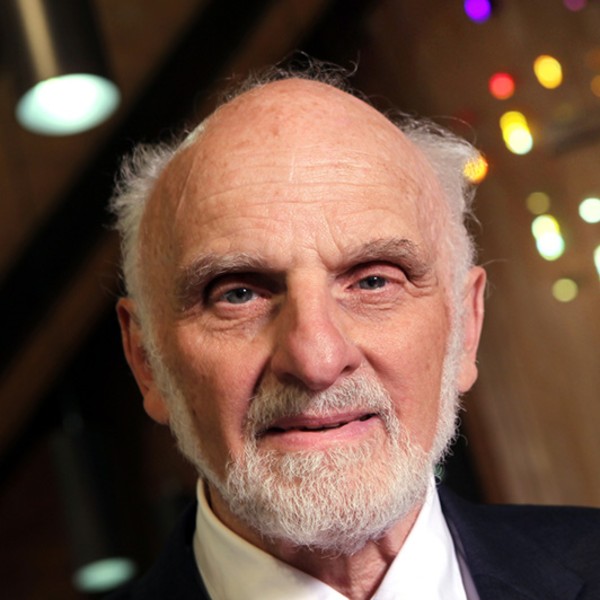So much depends on how we see God and what we believe about how God sees us.
Many of us in the church who believe on a rational level that God is unconditionally loving often live as though God were a harsh taskmaster, a capricious tyrant or a neglectful absentee.
My own lenses on God and the universe are usually colored by my depressive tendencies.
Part of me trusts the Jesus who says, “Come to me, all who are weary and heavy-laden, and I will give you rest” (Matthew 11:28). (I love that Jesus!)
But there’s also the Jesus who seems to scoff at those of us with “little faith” (Matthew 6:30; 8:26; 14:31; 16:8). I often fear that Jesus is rolling his eyes in exasperation at the fact that I’m depressed for “no good reason” or that he thinks I haven’t done enough to earn my rest.
I wonder whether that Jesus might say to me, “You’ve known about global warming and those kids locked up in cages! And you sit around eating burgers and sipping lattes!? Depart from me!”
It has been difficult to know how to respond to the world’s overwhelming challenges these days. There have been long patches when I’ve been depressed and have felt afraid of God’s disappointment in me.
So a few weeks ago, sitting with a friend in the courtyard at my favorite coffee place, we tried something my spiritual director had suggested: we prayed for a glimpse of how God sees me.
As we sat in silence, the first image that came to my mind was that of Jesus showing up, stretching his hand out toward me and blasting me out of my chair with a repulsor beam, Avenger style.
“Yep. Figures!” was my initial response.
But then — and this is a sign of some progress — I wondered whether it might just be my anxiety and old default notions of God acting up. Also whether it perhaps had something to do with the fact that our family has been immersed in the Marvel universe of late.
I thought, “Or … what if God is more like my friend here?”
My friend had offered to get together because I’d been feeling down that week. When I warned her that I’d be awful company, she said she didn’t mind and would be happy to just sit with me. She showed up with flowers, too.
Could God be like this? Willing to sit with me when I’m depressed, ready to welcome me in any state? It’s still tough for me to trust in love that big.
Our notions of God are inevitably colored by our wounds and constrained by the limits of what we imagine to be possible. It’s so easy to mistake the flood of self-rejecting voices for God’s voice.
Becoming aware of our distorting lenses and allowing the Spirit to heal our inner images of God is essential work for some of us. The inner tyrants who loom large in us could actually be obscuring God’s love-filled gaze. The loudest voices that claim to speak for God could in fact be drowning out God’s true voice.
God is not best represented by our meanest inner bullies. If the voices we attribute to God are strangling rather than nurturing our souls, we need to question them.
For me, learning to cope more constructively when I’m depressed has involved learning to unseat my deeply lodged images of a mean and angry god.
God has many names and images in Scripture, but none of them is Destroyer-of-Souls or God-Our-Tormentor. Yet some of us are caught in the shadows and abuses of these would-be gods.
Those angry inner gods might get us to perform, but they also keep us feeling small, afraid and unable to rest. They don’t transform our hearts or make us more like Christ.
Those of us who live under the scrutiny of harsh avenger gods need to look more upon God as the One who is “gentle and humble in heart” and who promises rest for our souls (Matthew 11:29).
This is the One who broke all the rules to show mercy and heal the sick on the Sabbath day, the One of whom it is written, “A bruised reed he will not break” (Isaiah 42:3; Matthew 12:20).
That’s not to say that God never challenges us. Trusting in God’s love doesn’t mean we’ll be spared the pain of death and rebirth. But it’s only when I trust in a loving God who is more compassionate toward me than I imagine to be possible that I’m freed to live out of the fullness of Christ in me.
Jesus enfleshed God for us. He challenges us, yet he does it in order to heal and free, not to terrorize or punish. He suggests that God is like a good shepherd who seeks out lost sheep, a delighted father who throws big parties for ungrateful sons (Luke 15).
The prophet Isaiah writes of God as more thoroughly absorbed in love for us than even a nursing mother for her child (Isaiah 49:15). Hosea says God’s tenderness resembles that of caregivers who feed little ones and “lift infants to their cheeks” (Hosea 11:4).
What might we become if we could freely move and rest in this God who dotes on us with tenderness and overflows with affection for us? What if we could recognize Christ in our warmest friends, our loving moms, our most encouraging teachers?
As the poet Gerard Manley Hopkins tells it, “Christ plays in ten thousand places, lovely in limbs, and lovely in eyes not his.” We’re invited to trust that the strokes of loveliness around us reflect the face of the gracious One who sees and grows all that is lovely in us.
What if we could recognize Christ in our warmest friends, our loving moms, our most encouraging teachers?














